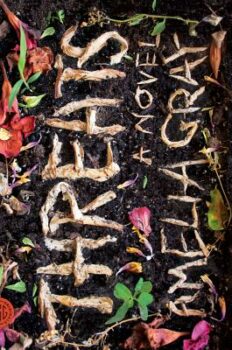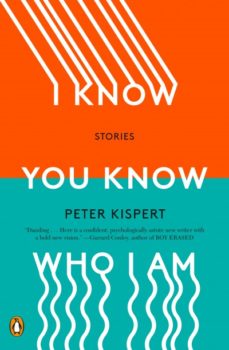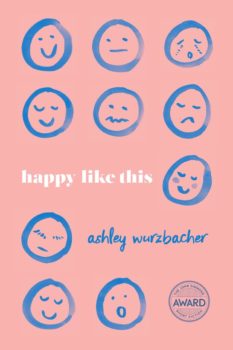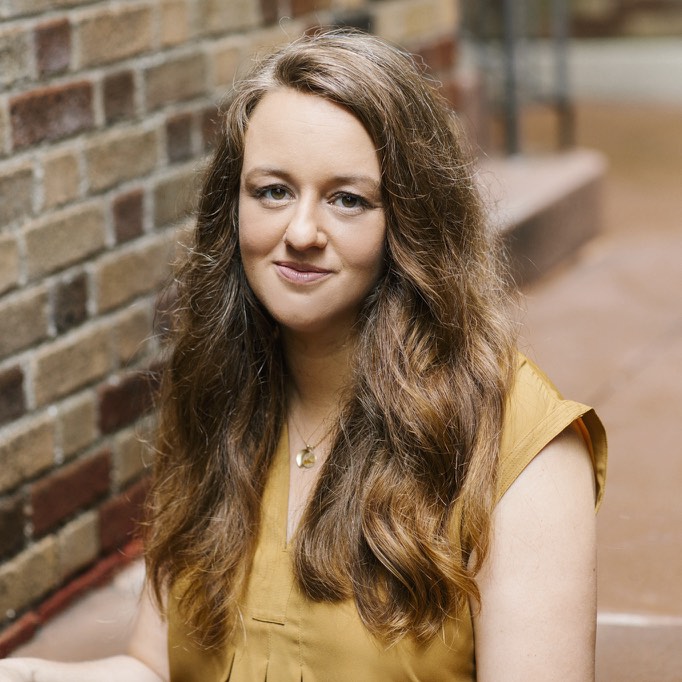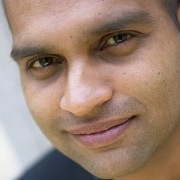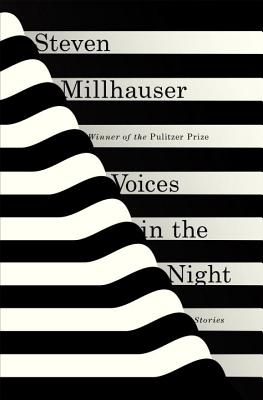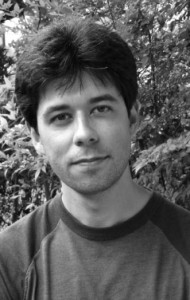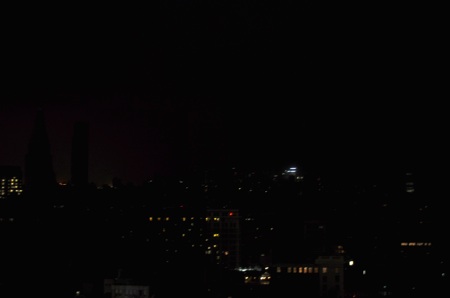Stories We Love: “The Restoration of the Villa Where Tibor Kálmán Once Lived,” by Tamas Dobozy
by Lee Thomas
“Re-reading this story now, after the terrible years of Covid, in the shadow of the ghastly war in Ukraine, as famine stalks Africa and the Middle East, one understands the dream of escape.” Lee Thomas on Tamas Dobozy’s story “The Restoration of the Villa Where Tibor Kálmán Once Lived.”




